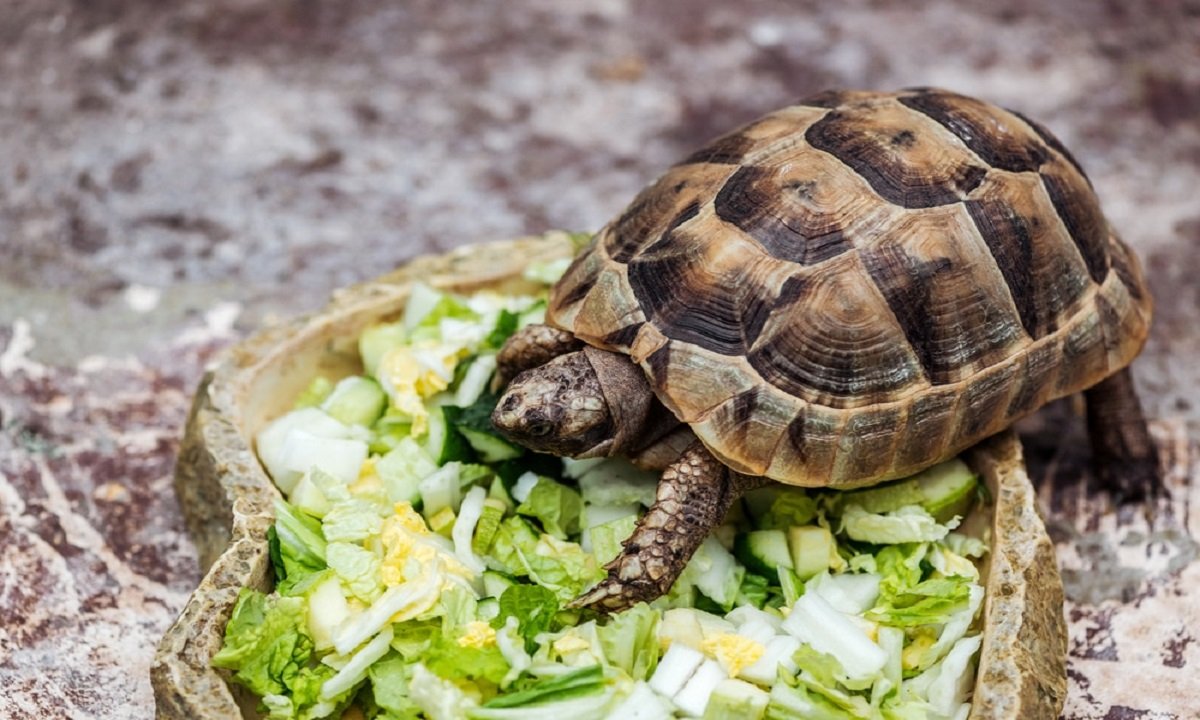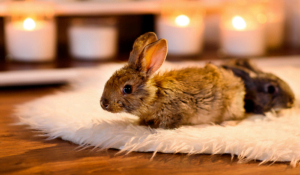A tortoise is a wonderful pet to have, but like all exotic creatures they have specific needs and some basic requirements that must be met in order to keep them happy and healthy.
Caring for a tortoise requires attention to its specific needs, habits, and health requirements. With proper care, tortoises can live up to 50-100 years or more, making them a lifelong companion.
When deciding whether or not a tortoise is right for you, you should think about where it will live, what conditions it will need and how much time and attention you will need to provide.
How do I house a tortoise?

Providing a suitable enclosure for your tortoise is crucial for its health, happiness, and well-being. A well-design enclosure mimics your tortoise’s natural habitat, meets its physically and psychological needs, and ensures a safe and healthy environment.
Unlike a standard reptile vivarium, the Tortoise Table has been designed specifically for tortoises and features a remove tray, a playing area and a stand. The base of the pen has a metal skirt, which will prevent your tortoise from climbing and falling onto its back. The top of the pen has a table area where light and heat lamps can be fitted and the base tray is removable so that you can use this pen outdoors, placing it directly onto the grass.
What will I need to feed my tortoise?
Providing a balanced and nutritious diet is essential for your tortoise’s health, growth, and well-being. A tortoise’s dietary need vary depending on its species, age, and size. Tortoises are fascinating creatures with unique dietary needs. Understanding what to feed your caring for a tortoise is crucial for its health and longevity.
The important part of your caring for a tortoises diet will be made up of fresh vegetables such as leafy greens, with some vegetation like dandelions for example. They will required protein from small live insects such as meal worms or crickets and fruit can also make up a small percentage of their diet. Calcium is particularly important to a tortoise, so be sure to add a supplement to their food twice a week.
Dietary Requirements:
- High-fiber, low-protein diet
- Variety of leafy greens, veggies, and fruits
- Calcium supplements to support shell growth
- Vitamin D3 supplements for bone health
Leafy Greens (daily):
- Collard greens
- Kale
- Mustard greens
- Dandelion greens
- Spinach
Veggies (2-3 times a week):
- Carrots
- Sweet potatoes
- Squash
- Pumpkin
- Bell peppers
What conditions does the caring for a tortoise need to have?

To ensure the health, happiness, and well-being of your tortoise, provided the following essential conditions: Tortoises, with their slow and steady pace, can make fascinating and long-lasting animals. However, they require specific care to thrive. Here’s a comprehensive guidance to ensure your tortoise’s well-being.
Environmental Conditions: Providing the right environmental conditions is crucial for your tortoise’s health, happiness, and well-being. Creating the ideal environmental for your tortoise is crucial for its health and longevity.- Housing Conditions: Providing suitable housing for your tortoise is crucial for its health, happiness, and well-being. Providing the right housing conditions is crucial for your caring for a tortoise’s health and well-being.
- Dietary Conditions: A tortoise’s diet plays a crucial role in maintaining its overall health, happy, and well-being. Tortoises are herbivores, meaning they primarily eat plants. Their diet should consist of a variety of leafy greens, vegetables, and occasionally fruits. It’s important to provided a balanced diet to ensure they receive all the necessary nutrients for optimal health.
- Health Conditions: Tortoises, while hardy creatures, can be susceptible to various health conditions. Recognizing the signs and understanding preventive measures is crucial for their well-being. Maintaining your caring for a tortoise health is crucial for its well-being and longevity.
- Safety Conditions: To ensure the well-being and longevity of your tortoise, it’s crucial to provide a safe and stimulating environment. Ensuring your tortoise’s safety is crucial for its well-being and longevity.
- Hygiene Conditions: Maintaining proper hygiene is crucial for your caring for a tortoise’s health and well-being.
- Social Conditions: Tortoises are generally considered solitary animals, but they can exhibit some social behaviors, especially in specific contexts. Providing suitable social conditions is essential for your tortoise’s emotional and psychological well-being.
Conclusion
Caring for a tortoise requires dedication, patience, and attention to detail. By providing the right environment, diet, and health care, you’ll ensure your tortoise lives a happy, healthy life.
Read More Some Article






